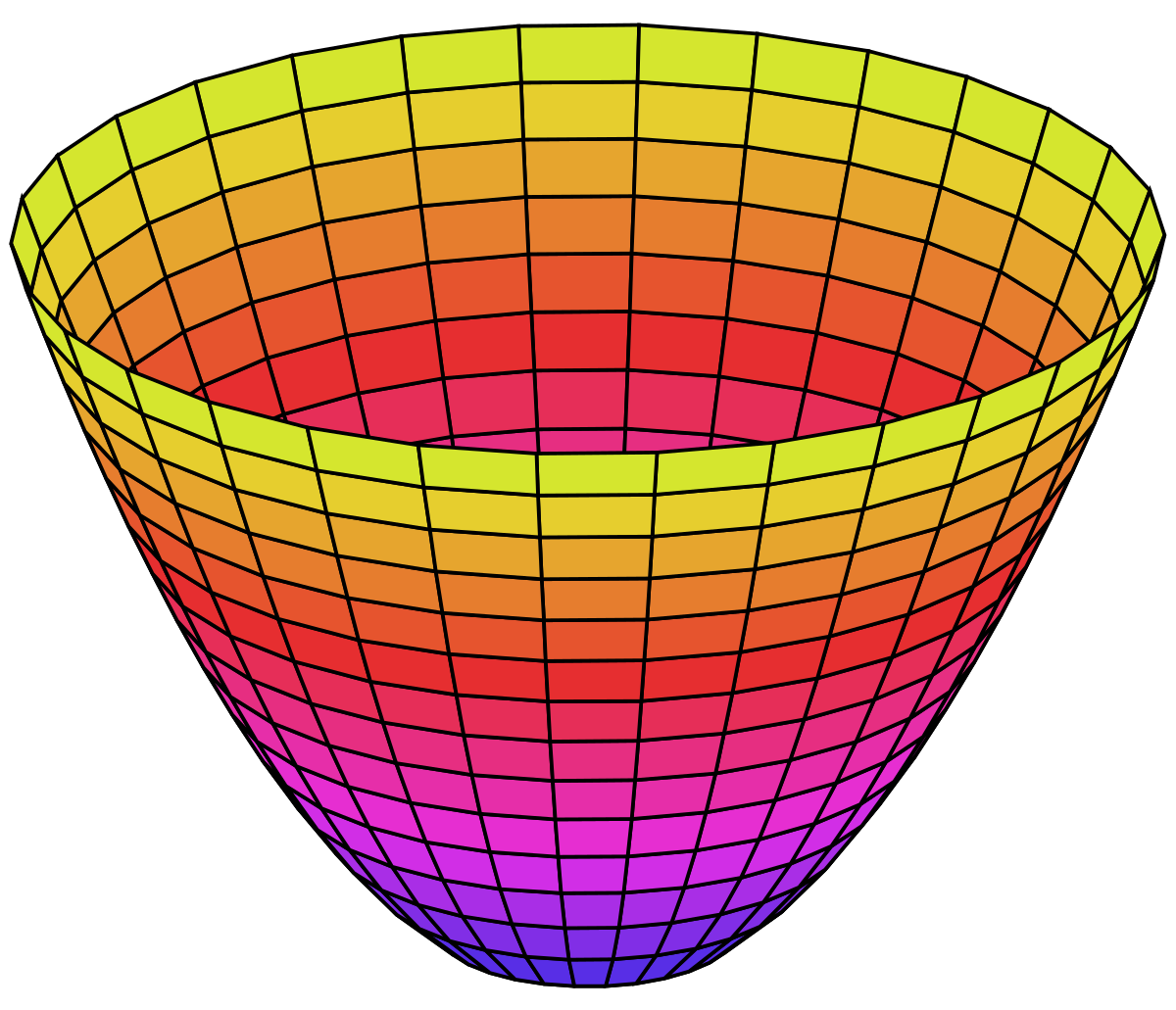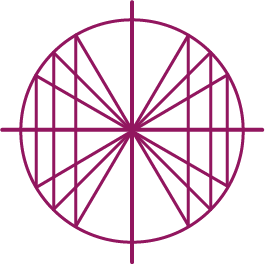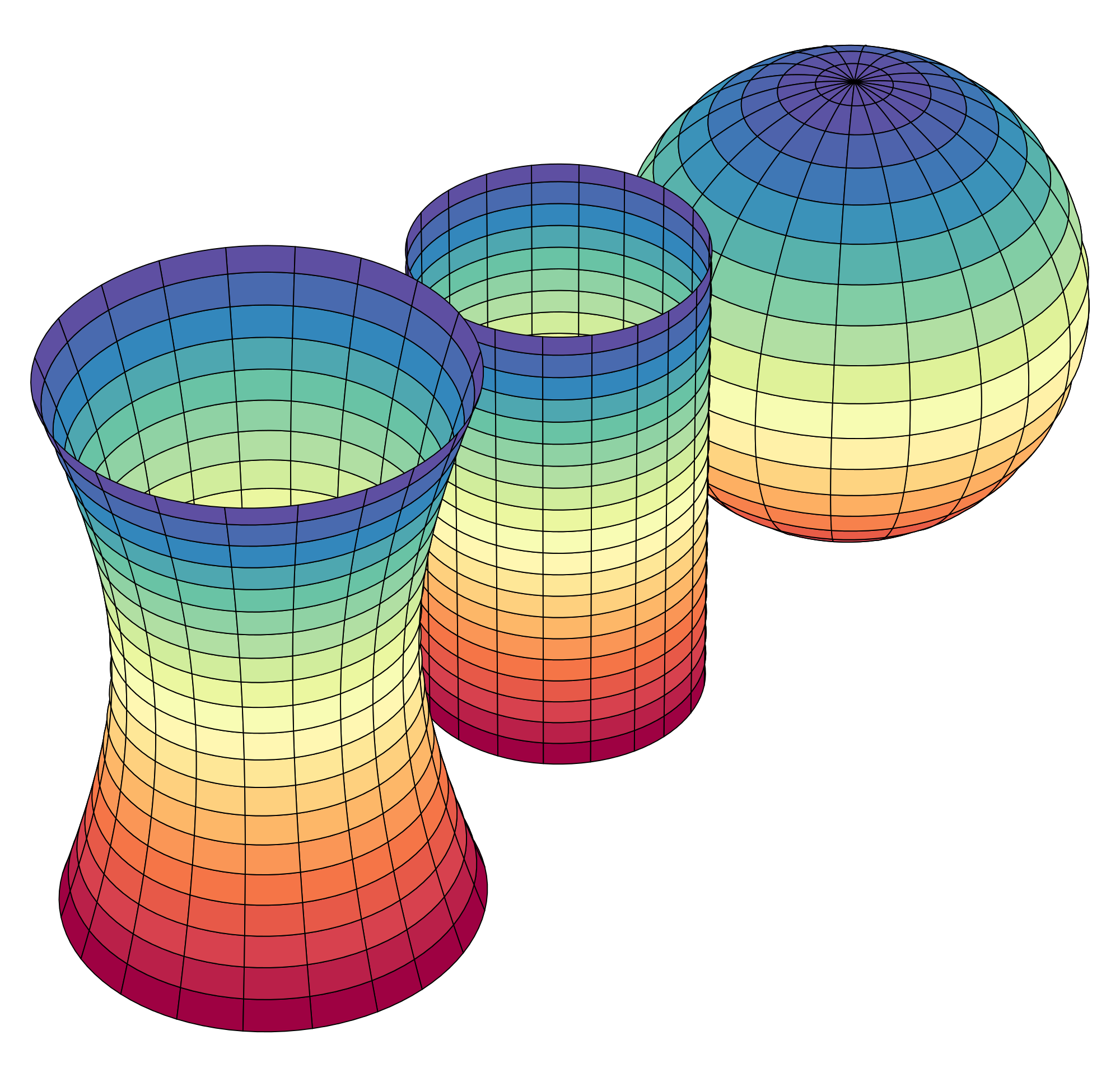Probability Theory - Calculus-Based Statistics - Online Course for Academic Credit
Often referred to as the "higher Probability & Statistics course", or even "Calculus-based Statistics", our Probability Theory course is actually an introduction to the study of statistics and probability, but based upon the usage of Calculus to study both discrete and continuous aspects of the subject. Accordingly, there is no prerequisite of a previous study of statistics, but rather a prerequisite of having completed Calculus II (having completed or concurrently enrolled in Multivariable Calculus is recommended). The Probability Theory course is an essential part of the mathematical training for those wishing to study Data Science.
| Course Title: | Computational Probability Theory |
| Catalog Number: | DMAT 311 |
| Credits: | 3 Semester Credit Hours |
| Syllabus PDF: | PDF Syllabus for Computational Probability Theory |
| Delivery: | Fully Online, Asynchronous, Self-Paced |
| Click Here to Enroll in DMAT 311 - Computational Probability Theory | |
Completion of DMAT 311 - Computational Probability Theory earns 3 academic credit semester hours with an official academic transcript from Roger Williams University, in Providence, Rhode Island, USA, which is regionally accredited by the New England Commission of Higher Education (NECHE), facilitating transfer of credits nationwide to other colleges and universities.
Probability Theory Introductory Videos
Probability Theory Course Introduction
The curriculum for the course, Prob/Stat&Mathematica by Carpenter/Davis/Raschke/Uhl, is a thorough and advanced investigation of the subject matter, fascinating and challenging at the same time. The usage of the powerful computer algebra and graphing system Mathematica™ allows for a unique exploration of distributions - both discrete and continuous - and their application to the cornerstone of the subject - the data set from a real-world situation.
Probability Theory differs from the "lower" Statistics course significantly in both approach and difficulty level. Compare the prerequisites:
| Course: | Statistics | Probability Theory |
| Prerequisite: | Algebra II from high school | Calculus II (rec: Multivariable Calculus) |
| Intended for Majors: | Humanities, Social Studies, Biological Sciences | Math, Engineering, Physics, Economics, etc. |
Roger Williams University Course Catalog Listing: DMAT 311 - Computational Probability Theory
Course: DMAT 311
Course Title: Computational Probability Theory
Transcript Course Title (30 Characters Max:): Comp Probability Theory
Course Description: A first course in calculus-based statistics and probability with emphasis on computational software techniques, geometrical analysis, and numerical processes applications. Topics include Monte-Carlo method, measurements of probability, distributions, applications to data analysis, discrete and random variables, conditional and joint probability concepts, Central Limit Theorem, correlation and regression, confidence intervals. [3 Semester Credits]
Prerequisite: Successful completion (C- or higher) of Calculus II or equivalent, or consent of instructor.
E-Textbook: Probability, Statistics & Mathematica by Davis/Porta/Uhl
Software: Mathematica
PDF Course Syllabus: Detailed Course Syllabus in PDF for DMAT 311 - Computational Probability Theory
DMAT 311 - Computational Probability Theory - Learning Outcomes
- 1. To understand the core concepts of Probability, Sampling, Distributions, and Density
- 2. To understand and compute Monte-Carlo method for integration
- 3. To understand and compute Expected Value, Variance, Mean, Mode, Median
- 4. To understand and compute Probability and Conditional Probability
- 5. To understand and compute Markov's and Chebyshev's Theorems
- 6. To understand and compute normally and exponentially distributions
- 7. To understand and compute calculus-based formulas and relationships between Cumulative Distribution Functions and Probability Density Functions
- 8. To understand and compute the Central Limit Theorem
- 9. To understand the core concepts of discrete and random variables
- 9. To understand and compute Joint Distributions, Correlations, and Covariance
- 10. To understand the Law of Total Probability
- 11. To understand and compute the classic statistics measures of Confidence Intervals and Hypothesis testing.
DMAT 311 - Computational Probability Theory - Syllabus of Topics
1. Getting Started
1.1. Email and Chat
1.2. Learning About the Course
1.3. Required Hardware
1.4. Software Fundamentals
2. Simulations
2.1. Uniform Distributions
2.2. Monte Carlo Methods
2.3. Random Walks
2.4. Shooting craps; Iterated Fractals.
3. Data Analysis
3.1. Frequency
3.2. Expected Value
3.3. Cumulative Distributions
3.4. Variance
3.5. Histograms
3.6. Related formulas for Expected Values and Variance
4. Probabilities
4.1. Calculating Probability
4.2. Union and Intersection and Probability
4.3. Conditional Probability Formula
4.4. Independence
4.5. Indicator functions
5. More Data Analysis
5.1. Markov's Inequality
5.2. Chebyshev's Theorem
5.3. Laws of Large Numbers
5.4. One-Sided Chebyshev Theorem
6. Normal and Exponential Distributions
6.1. Approximately Normally Distributed Sets
6.2. Normal Distribution
6.3. Approximately Exponentially Distributed Sets
6.4. Exponential Distribution
6.5. Memoryless Property of Exponential Distributions
7. Random Variables
7.1. “Random Variables”
7.2. Discrete Random Variables
7.3. Continuous Random Variables
7.4. Probability Density Functions
7.5. Cumulative Distribution Functions
7.6. Expected Values and Variance
7.7. Markov, Chebyshev, and Law of Large Numbers Revisited
7.8. Mean, Median, and Mode
8. Joint Distributions
8.1. Joint Probability Calculations
8.2. Discrete & Continuous
8.3. Expected Values, Covariance, and Correlation.
8.4. Conditional Probability Calculations
8.5. Conditional Expectations
8.6. The Law of Total Probability
9. Central Limit Theorem
9.1. Generating Functions for Discrete Random Variables
9.2. Generating Functions for Continuous Random Variables
9.3. Generating Functions and Independence
9.4. Central Limit Theorem
9.5. Chi-squared and Gamma random variables
10. Classic Statistics
10.1 Sampling
10.2. Confidence Intervals
10.3. Hypothesis testing
Legacy Course Connection
Legacy Distance Calculus Course:
DMAT 315 - Probability Theory
In 2023, Distance Calculus introduced a new catalog of courses. The connection between the old courses and the new courses are given here:
Legacy Course Description: Emphasizes probability, probability density functions, distributions, statistical inferences and estimation, correlation, and regression. (3 credits)
| Common Completion Timelines for DMAT 311 - Probability Theory | ||||
| Hours Dedicated | Math Skills | Dedication | Completion Time | Advisory |
|---|---|---|---|---|
| 5-10 hours/week | Weaker | 1-2 hours/day | 12 weeks | Reasonable |
| 7-12 hours/week | Modest | 2-3 hours/day | 9 weeks | Reasonable |
| 10-15 hours/week | Stronger | 3-4 hours/day | 7 weeks | Reasonable |
| 15-20 hours/week | Strong | 5-6 hours/day | 5 weeks | Stretched |
| 20-25 hours/week | Strong | 5-7 hours/day | 3 weeks | Stretched |
| 25-35 hours/week | Strong | 6-8 hours/day | 12 Days | World's Record |
Time commitments are important for success in an online Probability Theory course for college credit from Distance Calculus. There are no fixed due dates in the Distance Calculus online courses, so it is important that students instead set their schedules for a dedicated amount of time towards the coursework.
It is also very important to consider that going faster through a course is DIRECTLY DEPENDENT upon your math skill level, and your successful engagement of the course. We require that you complete the course in a Mastery Learning format. If you are struggling with the course content, or trying to go too fast where the quality of your submitted work is suffering, then the instructors will force a slow-down of your progress through the course, even if you have fixed deadlines.
Probability Theory Examples of the Curriculum
Below are some PDF "print outs" of a few of the Mathematica™ notebooks from Prob/Stat&Mathematica by Carpenter/Davis/Raschke/Uhl. Included as well is an example homework notebook completed by a student in the course, demonstrating how the homework notebooks become the "common blackboards" that the students and instructor both write on in their "conversation" about the notebook.
- Basics Notebook Example: 7.01.T1 - Tutorials - Monte Carlo estimation of integrals and other area measurements
- Homework Notebook Example: 7.03.G3 - Probability calculations in context: Series wiring versus parallel wiring
Distance Calculus - Student Reviews





Date Posted: Sep 20, 2020
Review by: Genevieve P.
Courses Completed: Applied Calculus
Review: I found out from my grad school after being accepted that I needed a Calculus course before starting their MBA program. I had less than 6 weeks to do it (and as a non-STEM undergrad no less). The video lectures were informative, the pre-calc refresher was great to get re-conditioned, and the asynchronous format worked so well as I did this at night/weekends after work. I completed it in 4 weeks. Professor Curtis was extremely responsive, graded assignments quickly, and a supportive guide providing constructive feedback to me to excel at the assignments. I highly recommend this course for those who need a pre-req in a hurry or like learning on their own schedule. Thanks, Distance Calculus and Professor Curtis!
Transferred Credits to: Massachusetts Institute of Technology (MIT)





Date Posted: Jun 6, 2020
Review by: Douglas Z.
Courses Completed: Multivariable Calculus, Differential Equations, Linear Algebra, Probability Theory
Review: I loved these courses. So in depth and comprehensive. The mix of software and math curriculum was tremendously helpful to my future studies and career in engineering. I highly recommend these courses if you are bored of textbook courses.
Transferred Credits to: University of Massachusetts, Amherst





Date Posted: Dec 8, 2020
Review by: Aileen C.
Courses Completed: Differential Equations
Review: This course may be more difficult than your average differential equations course, which better prepares you to use these skills in your degree. The self-learning does make learning some of the concepts challenging, but you get the help you need to understand these concepts.
Transferred Credits to: Johns Hopkins University
Frequently Asked Questions
No. The actual topic coverage of Statistics and Probability are very close to one another. The Probability Theory course does everything with the machinery of Calculus, while the Statistics course stays away from Calculus and just concentrates on observing the patterns in the data.
Yes. Probability Theory is exactly a first course in calculus-based Statistics.
Yes. It is mandatory that any Data Science student will have taken Probability Theory (and more advanced courses after Probability Theory as well) prior to starting a Data Science certificate or degree.
No. Calculus II is very much a prerequisite for Probability Theory, and not a nominal prerequisite. Probability Theory relies very strongly on the mastery of the Calculus II content.
Yes, All Distance Calculus courses are offered through Roger Williams University in Providence, Rhode Island, USA, which is regionally accredited (the highest accreditation) through New England Commission of Higher Education (NECHE).
 Freshman Math Courses
Freshman Math Courses
- Applied Calculus for Business [3 credits] [3CR]
- Applied Calculus for Life Science [3 credits] [3CR]
- Calculus I[4 credits] [4CR]
- Calculus II[4 credits] [4CR]
 Sophomore Math Courses
Sophomore Math Courses
- Multivariable Calculus III [4 credits] [4CR]
- Differential Equations [3 credits] [3CR]
- Linear Algebra [4 credits] [4CR]
- Probability Theory [3 credits] [3CR]
 Honors Math Courses
Honors Math Courses
- Honors Calculus I [5 credits] [5CR]
- Honors Calculus II [5 credits] [5CR]
- Honors Calculus I+II for Data Science [5 credits] [5CR]
- Honors Multivariable Calculus [5 credits] [5CR]
- Honors Differential Equations [4 credits] [4CR]
- Honors Linear Algebra [5 credits] [5CR]
- Honors Linear Algebra for Data Science [5 credits] [5CR]
 Lower Division Math Courses
Lower Division Math Courses
- Precalculus with Trigonometry [4 credits] [4CR]
- Introductory Statistics [4 credits] [4CR]
- Finite Mathematics [3 credits] [3CR]
- Discrete Mathematics [4 credits] [4CR]
 Upper Division Math Courses
Upper Division Math Courses
- Computational Abstract Algebra [4 credits] [4CR]
- Computational Differential Geometry [4 credits] [4CR]

